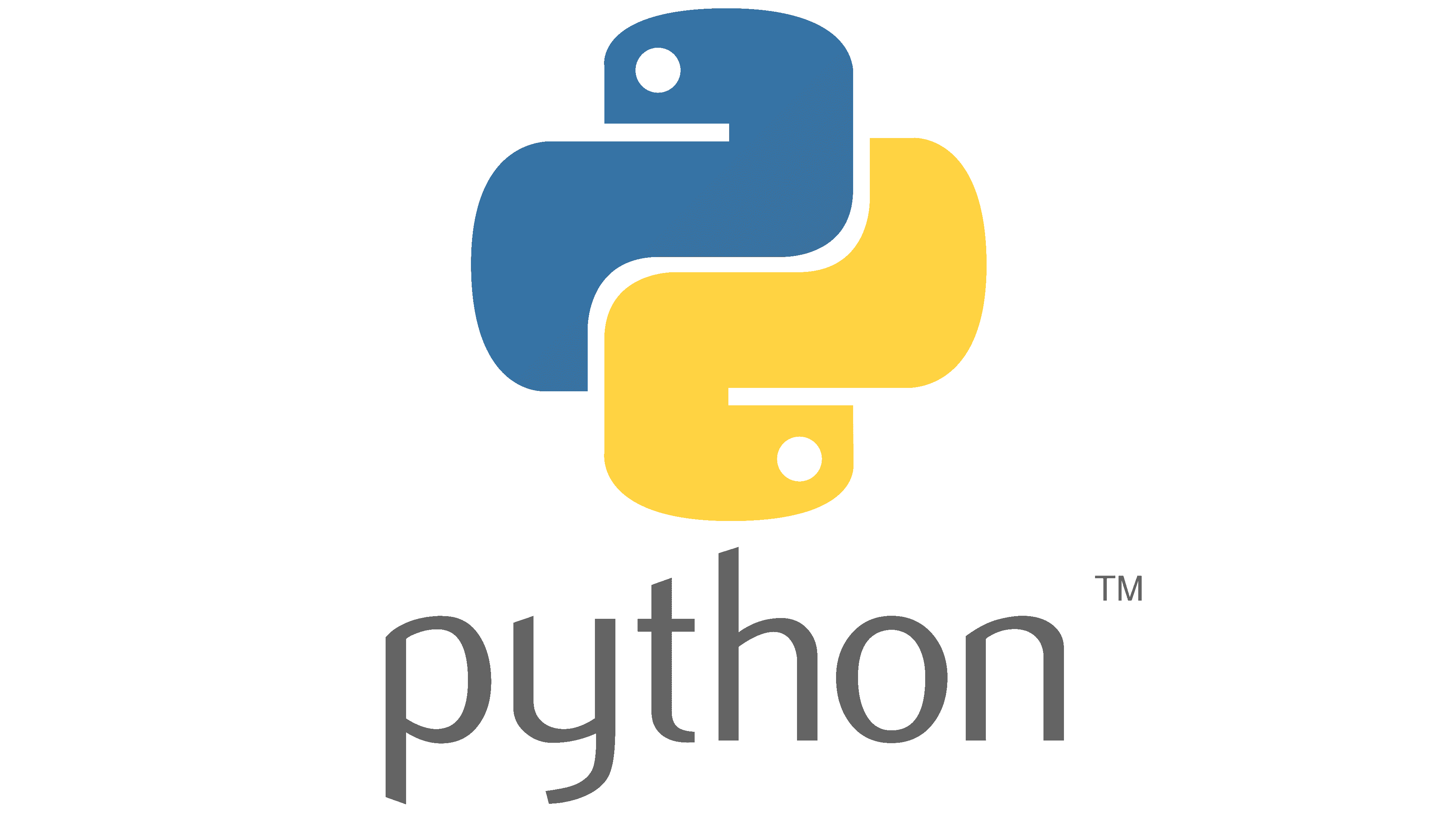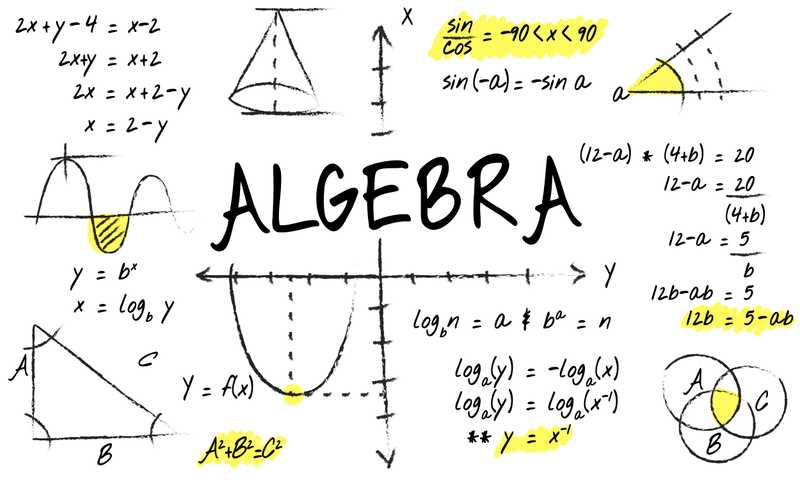
- Teacher: Houda Bechir

The objective of this course is to provide an introduction to the basic concepts of analysis.
- Teacher: Khalil Zahmoul

- Teacher: Nawel Bayar
- Teacher: Mohamed Ouni

The objective here is to acquire the basic notions of algebra and the calculation techniques necessary for other disciplines.
- Teacher: Khalil Zahmoul

- Teacher: Houda Bechir

This technical English course covers the core language skills that students need in the IT field. It aims at making students use IT-specific terminology along with dealing with up-to-date topics in the field.
Unlike traditional lessons, this one does not exclusively cover basic grammar rules and tech vocabulary. It is indeed a student-centred one where students are encouraged to contribute to the course and be active participants in class trough discussions, debates, and presentations covering a range of topics in the IT field like Remote Learning/Working, Cyber Security, E-business/Commerce, Robots and AI, Intelligent homes and IOT, Future Emerging Trends in IT and Human-centred Technologies, etc.
- Teacher: safa gallala

The course aims to provide general techniques for the design of efficient algorithms and, in parallel, program in c langage
- Teacher: rania yangui